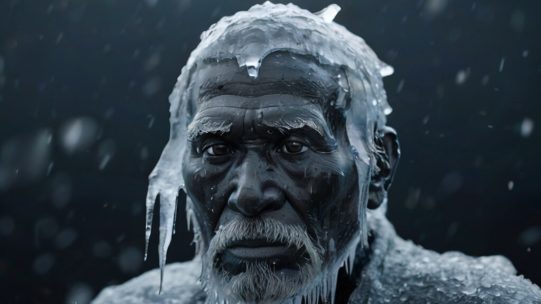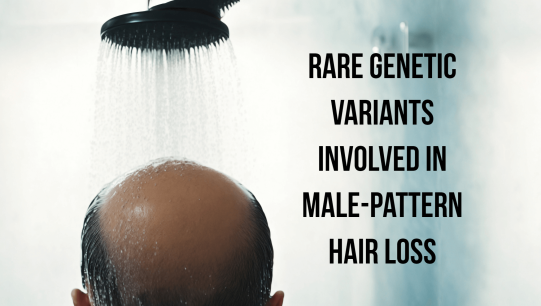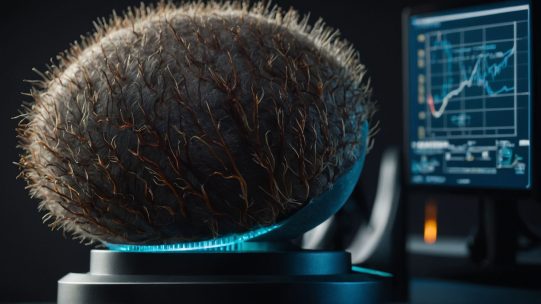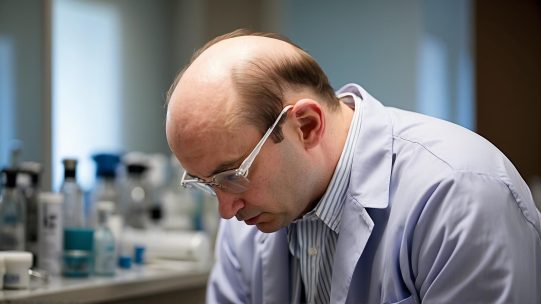
Hairlessness in dogs can be the result of deliberate breeding or a defect in some breeds. A recent study conducted at the University of Helsinki describes a genetic mutation in the SGK3 gene that causes hairlessness in Scottish Deerhounds. Because of this genetic defect, puppies born with this gene have thin coats and lose all their hair within a few weeks; SGK3 has also been linked to non-hormonal alopecia in humans.
Because coat quality in dogs has been an important subject of selection, its characteristics vary greatly from breed to breed. As a result of selective breeding, genetic variants affecting coat quality have accumulated in various breeds whose coats may be short or long, straight or curly, or completely hairless. Hairlessness can also be associated with unfavorable traits such as missing teeth or dental malformations. Currently, hairlessness in dogs is associated with several genes. Of these, mutations in the FOXI3 and SGK3 genes are associated with hairlessness, which is retained as a breed trait.
Typically, Scottish Deerhounds have coarse and long hair. We found that shedding is associated with the
SGK3 gene, but in a different variant than that previously found in another breed. However, the end result is similar: puppies are born with sparse hair and lose it within a few weeks.” Dr. Marjo Hüttonen, a researcher at the University of Helsinki, explains, “We have not yet found any other serious diseases associated with the malfunction of the SGK3 gene. SGK3 encodes an enzyme that affects the normal hair growth cycle, but the exact mechanism is not yet understood. Studies of hairless dogs due to dysfunction of the SGK3 protein may reveal more information about this; another variant of the SGK3 gene associated with hairlessness in American hairless terriers.
Hairlessness is desirable in some breeds, but not in Scottish Deerhounds, for example. In both cases, genetic testing will give breeders a new tool.” Another important outcome of this study is to establish the role of the SGK3 gene in non-hormonal thinning, early hair loss and baldness in humans. Prof. Hannes Lohi from the University of Helsinki says: “The role of this gene in baldness in humans should be studied further.










Comment